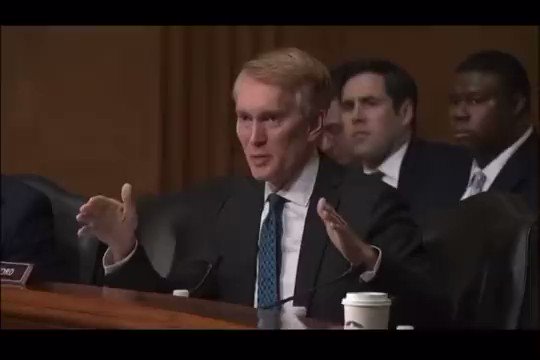The Fed Knew Silicon Valley Bank Had Problems a Year Ago, and They Did Nothing
Talk about "systemic risk."
More than a year before a shocking collapse that led to a near-crisis in the financial sector, Silicon Valley Bank was the subject of an investigation set in motion by the Federal Reserve in San Fransisco, according to a new report.
Bloomberg is reporting today that the investigative team, made up of senior examiners for the Fed, was tasked with assessing the firm and its potential risks. What they found, it seems, should have been enough to get regulators involved long before the bank collapsed and sent shockwaves through the tech and financial sector - and long before taxpayer bailouts became an option.
According to Bloomberg, those investigators "fired off a series of formal warnings to the bank’s leaders, pressing them to fix serious weaknesses in operations and technology, according to people with knowledge of the matter."
More from the report:
Then late last year they flagged a critical problem: The bank needed to improve how it tracked interest-rate risks, one of the people said, an issue at the heart of its abrupt downfall this month.
The Federal Reserve has promised to investigate how it supervised SVB Financial Group’s Silicon Valley Bank, now the second-biggest failure of a US lender in history. The relatively late discovery of so many flaws raises questions about whether the Fed was diligent in stepping up oversight as the firm was ballooning in size. On Friday, Santa Clara, California-based SVB Financial filed for Chapter 11 bankruptcy protection.
In a twist, the San Francisco Fed’s deputy point person in charge of monitoring the bank until late 2021 received a new assignment afterward, becoming the regulator’s point person on Silvergate Capital Corp., according to people with knowledge of the situation. Silvergate also shut this month because of similar flaws in its deposit base and the positioning of its balance sheet.
A representative for the Fed declined to comment.
As the Democrats call for more regulation of the banking industry, this report highlights a familiar problem - namely, that the regulations and safeguards already in place don't appear to be working.
The fact of the matter is that the bank had enacted an incredibly risky investment strategy - among other things, a total lack of diversity in their investments - and had no chief risk officer for most of the last year. There was no one around to tell them they were acting stupid.. except for the Fed, which tried. The bank just didn't listen.
When the FDIC seized the bank, it was the first time the Biden administration was told of the problems the bank was facing, but the Federal Reserve was aware of them. In other words, it looks a whole lot like 9/11 in one regard: Federal agencies weren't talking to each other, and something bad happened as a result of their negligence.
So when the Democrats and progressives and their allies in the media tell you we need more regulation, it's important to point out that they can't seem to enforce what's already there, and imposing more restrictive regulation will only hurt small and regional banks (who don't always have the capital to fully comply) while the big banks do very little to change their risky practices.
Janet Yellen admitted in a Senate hearing yesterday that those smaller banks won't get the same opportunities at bailouts that big banks do. So the small banks get hurt by stifling regulations and the big banks can continue to take giant risks knowing the government will bail them out each and every time.

That's the real underlying problem with all this. Time and again, the biggest banks, corporations, etc. can do all the shady or risky things they want to and they'll be forgiven and even bailed out. They are, as was deemed during the last major financial crisis, "too big to fail." But while Wall Street can suckle the fruitful teat of government, Main Street is never given that opportunity.
That is the real "systemic risk" we are facing today.



